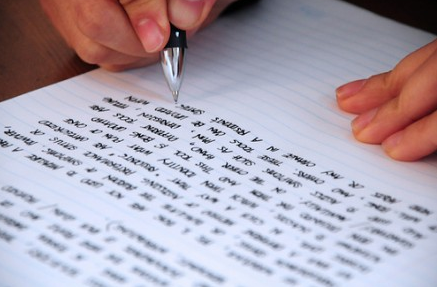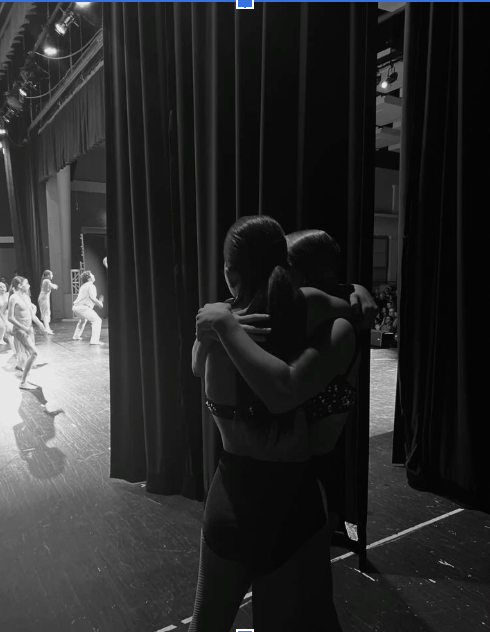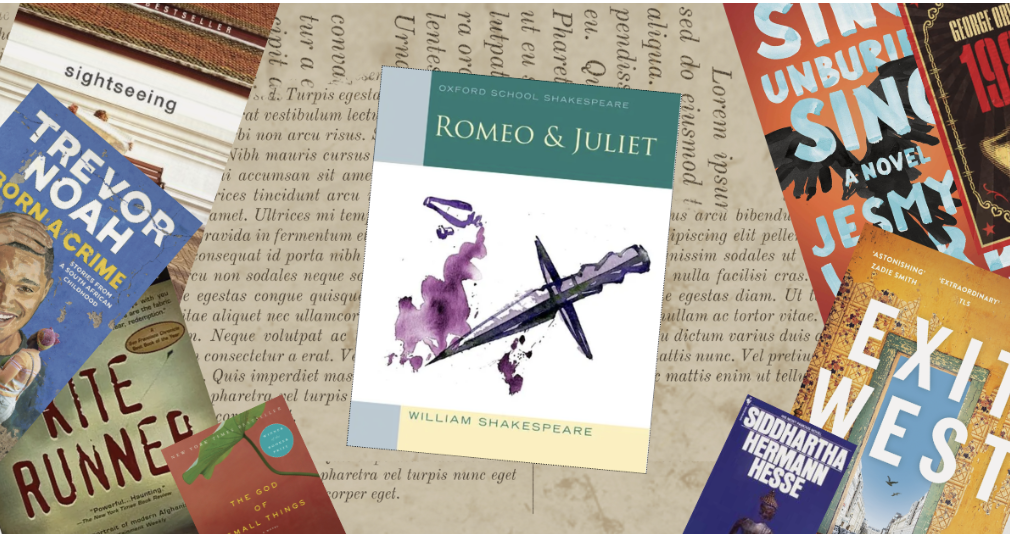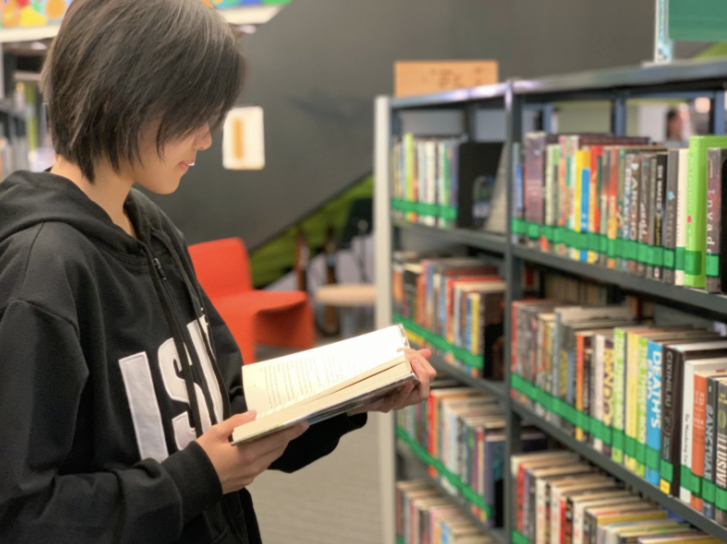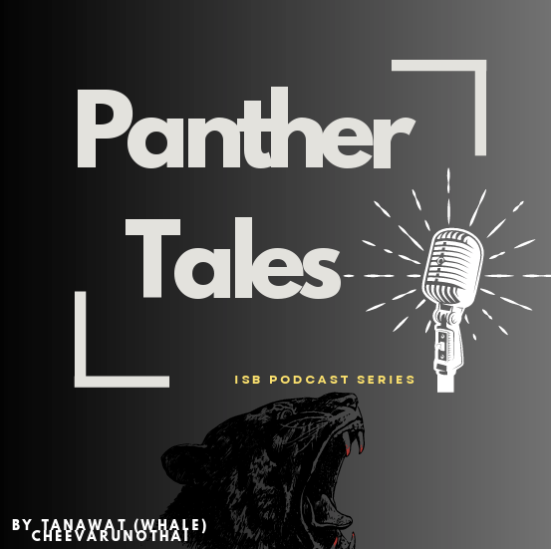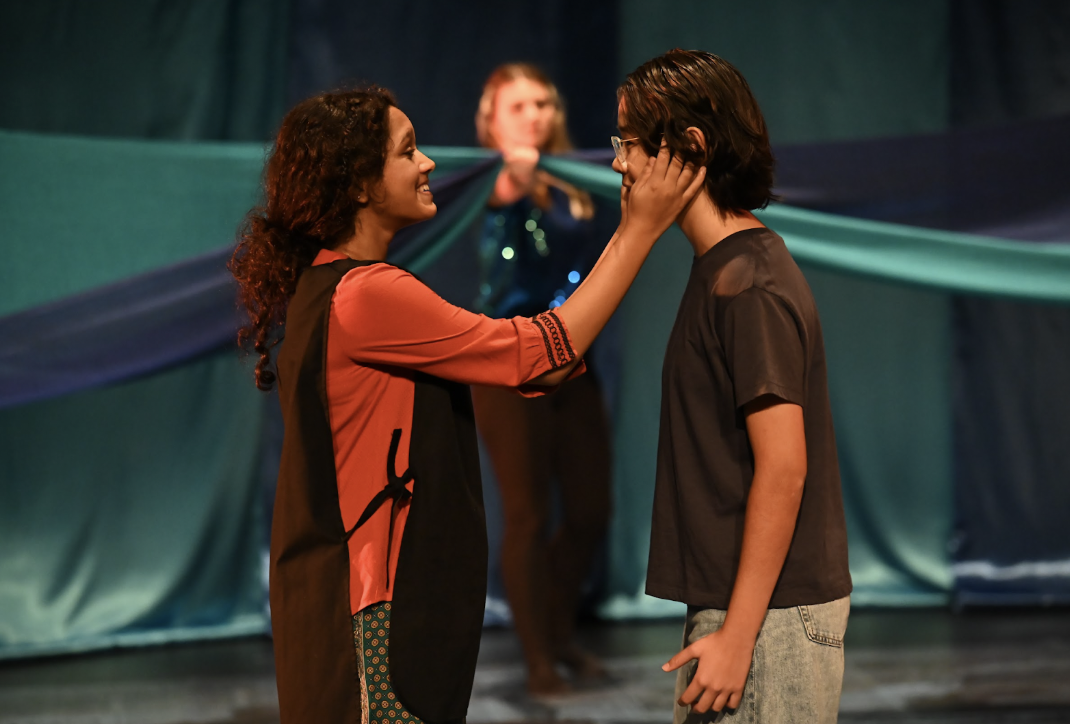Everyone can agree that it is hard to be an upperclassmen partaking in the IB Diploma. You are constantly bombarded with IAs, tests, and most importantly, the extended essay.
The extended essay is essentially a 4,000 word assignment based on a specific subject chosen by the student. From choosing a topic to finding the time to complete the task, it can be daunting for underclassmen who are debating whether or not to take the full IB diploma. So what does the process of writing the EE look like?
Tosia Lekawska, William Rutherford, Lillian Olson, and Esther Lee are four seniors that were chosen by their supervisors and Ms. Clover to elaborate on their EE writing experience and give significant pieces of advice for underclassmen to hopefully make the process easier for them. These seniors were selected to share the topics of their essay, challenges they went through, and suggestions for getting help from supervisors and managing time.
There are a variety of topics to choose for the EE based on the student’s interests. Tosia Lekawska says, “I chose to do my EE in visual arts and I was the only student this year to do so. I made this decision because I wanted to do something unexpected and different from most people.
She continues to say, “I highly encourage people to not be scared about choosing an unpopular subject area if that subject is something they are highly interested in. For my topic I chose something that I found intriguing and captivating but was not overly familiar with at that point, surrealism. That way, I could get to know this topic while doing my extended essay and be motivated to do so by my interest.”
Lily Olson shares, “For my EE I chose to write an English EE about Joseph Heller’s novel Catch-22.” Will Rutherford states, “I chose the subject of psychology for my EE because it is quite possibly my favorite class and I felt as though conducting further research in psychology would provide me with some knowledge that could be relevant to my life.”
Esther Lee decided to challenge herself and choose Chemistry as her subject. She shares, “So far, no one from ISB has received an ‘A’ mark on a Chemistry EE, so I knew it would be an extremely challenging subject to choose but I really wanted to investigate food chemistry. Chemistry is one of my strong subjects and I love food, especially street food, so I immediately knew that was going to be my topic.”
Deciding on the essay topic is the first step and one of the hardest ones. Time management is a big component for the process of writing the extended essay. Lily share that “the biggest challenge for me was working on it over the summer. I knew that I should make progress to make my senior year easier, but it was hard to get myself to focus.” She continues to say, “in the end, I wrote about 3,000 words over summer by dividing each section of my EE into a day of writing.”
Others may have trouble finding the direction of their research. In Will’s essay about the effect of music on athletic performance, he comments, “I often came across studies that considered the effect of music in a pregame situation, and others that considered the effect of music during the game or performance. I was afraid that my argument would be invalid if I considered both the effects of pregame and during-performance music since they could have completely different effects.”
Tosia also shares her opinion on word count. She says, “I know the word count (4000) seems like a lot but I actually struggled to stay within that limit at first. Once I started analyzing the artworks and writing, I found that I had soooo much to say I could have kept going forever. Instead of worrying about the 4,000 words, you should just start writing and see how much you end up with. You might really surprise yourself.”
To help future students who are nervous about writing the EE, these seniors have shared some of their advice. One main tip given is to start early, as Lillian says, “Try not to push it till the last minute because sometimes you find problems with your essay at the very end, so adding these problems to the work could make you super stressed.”
Another piece of advice given by Tosia is to “outline the structure and general ideas of your essay before you actually write it, so you are kind of making the table of contents before you even write anything. That way, you will know exactly what you need to do and about how many words you should be writing for each part.”
William added that a good idea is to “create a detailed outline that could actually be read as a short essay. That is, an outline that has all of the major arguments and research cited so that all that has to be done later is the addition of descriptions and explanations to clarify the argument.”
Furthermore, it is important to prioritize the EE to save time for other assignments. Esther observes that, “senior year first semester is hell and you will seriously not survive if you do not get your EE done quickly. Imagine spending all that MSH time for other important things like your common apps and 6 other IAs.”
Additionally, Tosia recommends to “pick your topic carefully, but also do so quickly as you can. You definitely want to start working on the essay right away. I would suggest making a timeline for yourself and dealing with everything piece by piece. So maybe one weekend you write the introduction and then the next you find sources for another section and etc.”
More importantly, these students received plenty of help from their EE advisors and recommend that other students also do so in the future. They can be of great help and answer any question students may have. Remember, do not leave it to the last minute!
Hopefully, these words of wisdom will not only assist underclassmen and ease their worries, but also encourage juniors to persevere through difficult stages, have a positive mindset, and know that they will be proud of their product. Know that you will be successful and proud of your project. Just like these diligent seniors, you will survive!
Carissa Tan (10) and Grace Yang (10)

